Question: As a buyer, what should I know before diving into the current Virginia real estate market?
Answer: Real estate sales are governed by state contract law and property law. Depending on the circumstances, buyers in Virginia can expose themselves to significant risk if they are not fully aware of their rights and responsibilities.
Virginia is one of only three states that follow the caveat emptor theory for real estate transactions. Caveat emptor is a Latin term meaning “let the buyer beware.” It is a legal principle that requires a buyer to assume the risk for the purchase and conduct the appropriate inquiries before completing the sale.
Sellers in Virginia, and their agents, are merely required to provide buyers with a signed notice of the Virginia Real Estate Disclosure Act, which alerts the buyer that the seller will make no representations or warranties about the property. As a result, sellers are not required to make any disclosures about the condition of the property or adjacent parcels, with the exception of known material defects which would affect the value of the property.
It is the obligation of the buyer to conduct the necessary inspections or to ask the proper questions to uncover any potential issues with the home.
In the “buyer beware” atmosphere what should a buyer do to ensure that they are purchasing a property in good condition? Including a home inspection contingency with the purchase offer allows the buyer to take a close look at the property and its various systems (i.e. heating/air conditioning units, electric, and plumbing) and become aware of existing or possible future problems. When necessary, the buyer may have multiple inspections take place during the home inspection contingency period.
For example, in addition to a general home inspection, the buyer may opt to have a structural engineer inspect the property and give an opinion on the foundation or have a contractor inspect the roof. The home inspection contingency gives the buyer the opportunity to discover systems or appliances that are in need of repair or replacement, or safety hazards present in the home that should be addressed.
During this time of the novel coronavirus pandemic, inspections are still taking place with extra safety and health precautions. Inspectors are wearing protective gear and performing the inspection without the buyer or buyer’s agent present in the home.
Video clips and texts, in addition to the written report, are used to provide information to the buyer about the home’s systems, appliances and structure, and the inspectors are available to discuss concerns and answer questions that the buyer and their agent have.
Following the inspection period the buyer has the opportunity to negotiate with the sellers to make necessary repairs in the home prior to settlement. As an alternative to negotiating repairs, the buyer has the option of voiding the sales contract if they determine they no longer want the property. The buyer is responsible for the cost of the inspection(s), but it is money well spent to gain information on the condition of the property.

Kathy Hassett and Chris Perry, Realtors® with McEnearney Associates in Old Town, have the experience and knowledge to guide their clients through the home buying process successfully and protect their clients’ interests throughout the transaction. Contact Chris Perry at 703-286-1204 or Kathy Hassett at 703-863-1546 today for assistance in your next real estate purchase or sale.

 Facebook
Facebook
 X
X
 Pinterest
Pinterest
 Copy Link
Copy Link






